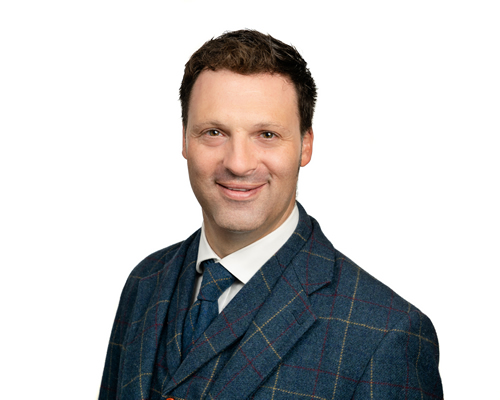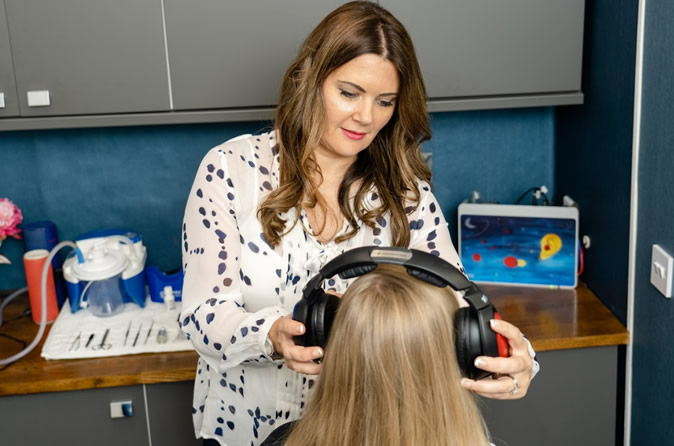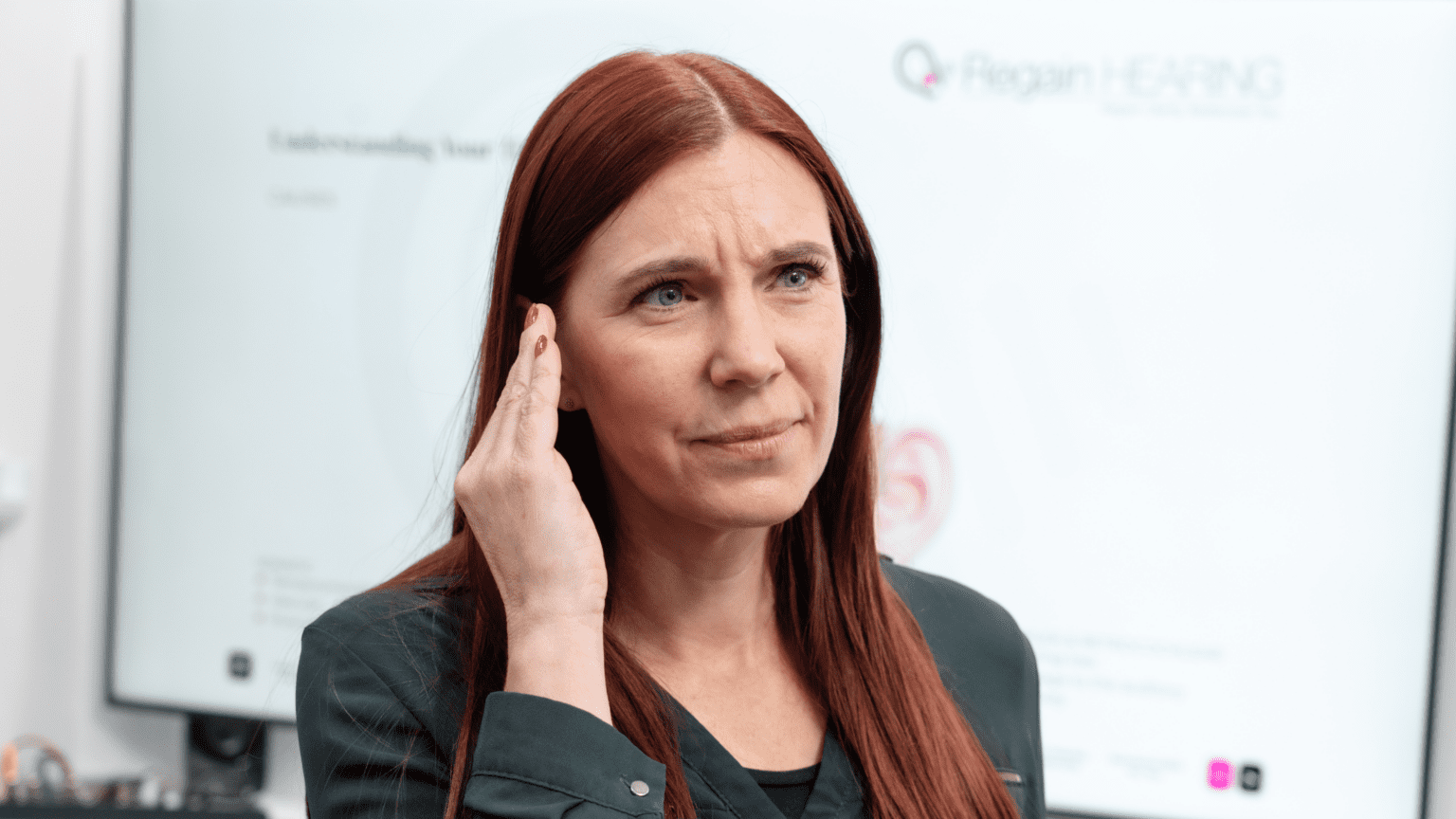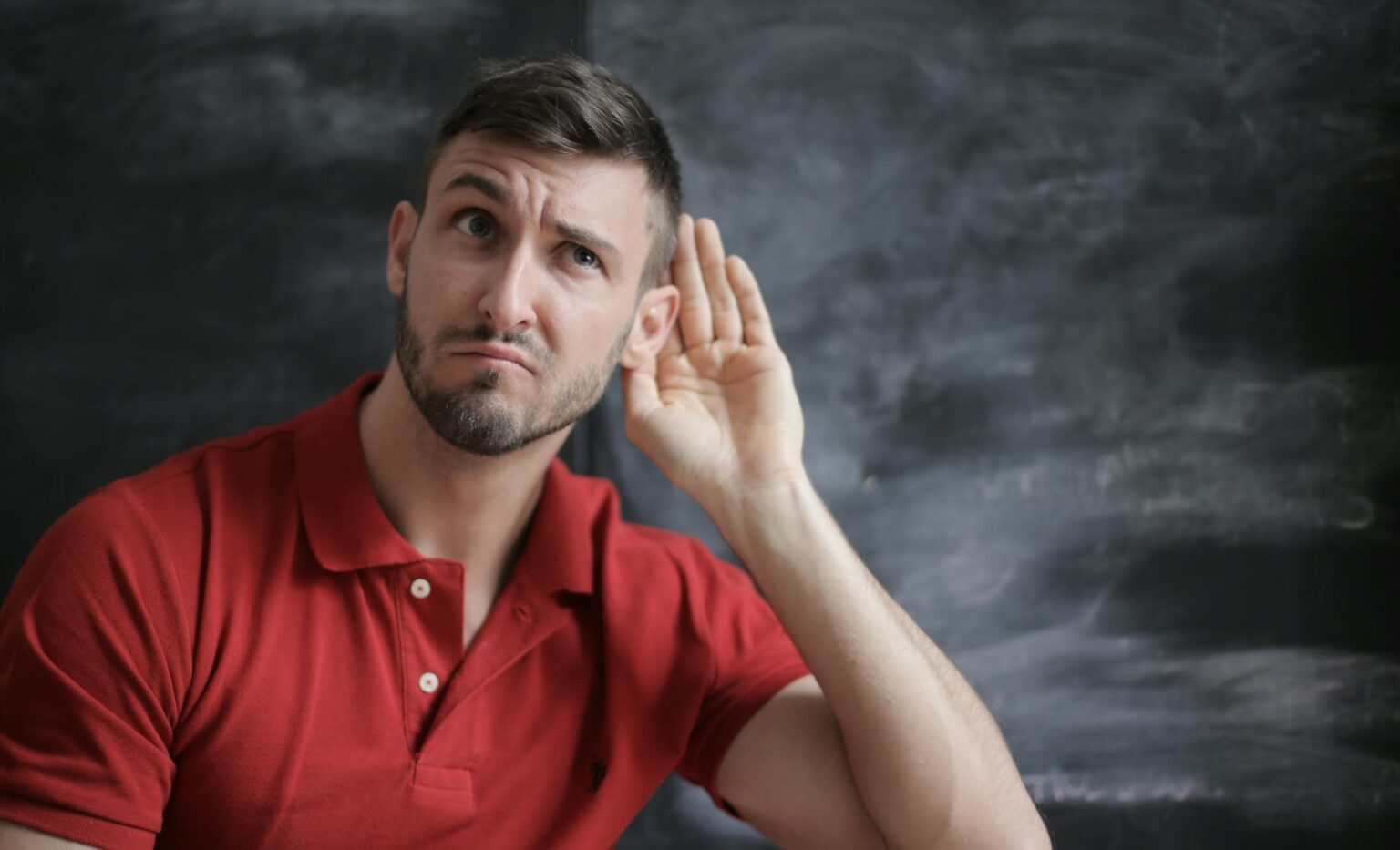Do you find yourself thinking, “I can’t hear properly” from time to time? Perhaps you can hear, but you can’t understand? Your hearing loss may be the result of ageing, you may have ear wax buildup or an infection, or you may have a more serious condition.
The gradual realisation that you can’t hear properly can be alarming, but there are steps you can take to restore your hearing. Many types of hearing loss can be treated so if you’re struggling to hear – there is hope.
Request a hearing test appointment today
Having trouble with your hearing is not something that’s always immediately noticeable, and many people who suffer from hearing loss don’t notice there’s anything wrong for quite a while — and then, almost suddenly, they’re struggling to hear as they used to. They might be having trouble hearing the TV at the usual volume, for instance, or they could have difficulty hearing what people are saying to them, especially in places where there’s lots of background noise that might muffle speech for them. Do you find yourself thinking, “I can’t hear properly” from time to time? In this article, we outline why you may not be able to hear as well as you used to and what to do about it.
The Stresses of Not Being Able To Hear Properly
It can be distressing when hearing loss happens because it typically occurs over quite a while. At the beginning, when issues are occurring with the ears, you often won’t notice that your hearing is on a gradual decline — whether it ends up as temporary or permanent hearing loss. Then you’re cast into an unfamiliar and oftentimes frightening world that you have to navigate carefully, and it can have severe impacts on your work, relationships and home life.
You finally admit there is a problem and wonder what is going on, what the cause of it is and if there’s anything you can do to restore your hearing to the way it was. It’s only at upsetting times like this that we come to the realisation that we can take so much for granted with our senses and other aspects of our bodies — and that you really don’t appreciate something and how good it is until it’s either not functioning properly or gone.
Fortunately, there are lots of things you can do when you can’t hear properly, and in this post, we’re going to look at the main areas of help you can get, as well as what the issues behind gradual hearing loss might be.
Signs you may be experiencing hearing loss
Those suffering a loss of hearing exhibit ‘the usual’ behaviours. They might be having trouble hearing the TV at the usual volume, for instance, or they could have difficulty hearing what people are saying to them, especially in places where there’s lots of background noise that might muffle speech for them. So what signs should you look for if you’re wondering if you can’t hear properly or the way you used to?
- Difficulty making out what people are saying to you, especially in crowded and noisy places like pubs, cafés and restaurants.
- Having to turn up the radio or TV louder than unusual because you can’t hear them properly, possibly raising questions among family who are listening or watching with you because it’s too loud for them.
- Inability to clearly hear what’s being said on the phone.
- Finding that you’re increasingly asking people to repeat what they said because you missed some of it. Or asking them to speak more slowly or louder.
- You can no longer hear birds chirping first thing in the morning.
- Your partner says you don’t listen to them because you ignore what they say.
It can be easy to pass any of these, and more, off as just something passing and not pay particular attention to it. But if it’s an ongoing issue and you find that you’re becoming tired, exhausted and stressed because you can’t make out the audible world around you, it’s time to seek some help and see what’s going on with your hearing. It could just be a buildup of earwax that you need removing, or it could be something more serious.[/vc_column_text][us_separator size=”small”][/vc_column][/vc_row][vc_row][vc_column][vc_column_text]
What to do if you’re unable to hear or experiencing hearing loss – 8 steps:
If you’re experiencing any of the hearing issues listed above, it’s important to take action to understand and address the problem. Here’s a general plan you might consider:
- Make a note of your symptoms: Try to note what specific hearing issues you’re experiencing. Do you have hearing loss in one ear or both? Is there ringing in the ears (tinnitus)? Do you struggle to hear conversations, especially in noisy environments?
- Seek Professional Help: It’s crucial to consult with a healthcare provider, ideally an audiologist or an ENT (Ear, Nose, and Throat) specialist. These professionals can conduct hearing tests to diagnose the nature and extent of your hearing loss.
- Book a Hearing Test: A hearing test, or audiogram, can help determine the type and degree of hearing loss. This involves listening to sounds through headphones and indicating when you can hear them. If you’re based in the South East, book a hearing test in Kent or London with Regain hearing.
- Undergo treatment: A qualified audiologist will determine why you can’t hear and advise on the best course of action. Sometimes, hearing loss is caused by treatable conditions like earwax buildup, infections, or otosclerosis (a bone growth in the middle ear). Your treatment could be a simple case of ear wax removal, or you may need medical intervention.
- Invest in a Hearing Aid or a Hearing Device: If your audiologist determines that your hearing loss is permanent, hearing aids or other assistive listening devices might be recommended. These devices are highly sophisticated now and can be tailored to your specific hearing needs.
- Protect Your Hearing: Protecting your remaining hearing is crucial. Avoid loud noises, and use ear protection in noisy environments. Follow your healthcare provider’s advice on keeping your ears healthy.
- Start a Rehabilitation Program: Hearing rehabilitation programs can help you adjust to hearing aids and learn how to better cope with hearing loss.
- Stay Informed: Keep yourself informed about the latest developments in hearing loss treatment and technologies. There’s ongoing research, and new solutions are continually being developed.
What do our Audiologists say?
“When a patient asks, ‘Why can’t I hear?’ it’s crucial to approach the situation with empathy and expertise. I would say, ‘Let’s explore this together. Hearing loss can stem from a variety of factors, ranging from something as simple as earwax buildup to more complex issues like nerve damage. Our first step is to conduct a thorough evaluation to identify the specific cause. From there, we can discuss tailored treatment options. Remember, you’re not alone in this journey, and many forms of hearing loss can be effectively managed with the right approach.'”
Lindsay Fletcher: (RHAD), (BSHAA), FdA
Company Director & Consultant Audiologist
Investigating the Causes of Hearing Loss
When you go to see your GP or audiologist because you’re having trouble hearing, they will have you undergo a hearing test in London so they can determine the level of your hearing loss, and your doctor may investigate further to determine if a medical issue is the cause of it.
Here is why you may not be able to hear well:
- Age: Hearing loss is common in elderly people because, as we age, various parts of the ear can become damaged and fail. This is especially the case with hairs in the inner ear that are responsible for electrically transmitting sounds onwards and into the brain for processing. Over time they’re subject to wear and tear and just don’t function as they used to.
- Injury and Infection: Various injuries — including a bump or blow to the head that results in concussion — can damage the ears and lead to some level of hearing loss. As can infections that are caused by bacteria or viruses and are common in young children and usually stem from colds or flus.
- Diseases: Hearing loss can be caused by a number of illnesses, such as Ménière’s disease, which affects the inner ear and leads to dizziness, ringing in the ears (tinnitus) and nausea. It’s generally treated with a number of medicines to control the symptoms.
- Medications: Some medications can cause a degree of hearing loss and are known as ototoxic drugs because they’re harmful to the ear. They include everything from aspirin and ibuprofen to antibiotics and drugs used in chemotherapy.
- Loud Noises: As we’ve touched on, loud noises are also a common feature in hearing loss, particularly among the young. Music concerts where the sound is incredibly loud can lead to short-term damage in the ear that results in temporary hearing loss. But if you’re surrounded by high levels of noise on an ongoing basis, it can result in permanent damage to hair cells in the ear. Wearing headphones or earbuds for long spells, with the volume turned right up, may also result in damage to hearing.
- Impacted Earwax: As we’ve mentioned too, sudden hearing loss might have a simple answer and remedy, in a buildup of earwax. It might be that you used a cotton bud (now banned in the UK) to try and clear it from your ear canal, but this often has the opposite effect and pushes earwax further into the ear. It may be time to have your ears syringed or to have earwax microsuction done — we offer this service and it’s an easy way of removing earwax as it just gently sucks it out.
- Genetics: It’s also possible that none of these issues could be the cause of hearing loss in someone and that their genes are responsible.
Whatever level of hearing loss you’re experiencing, whether it’s temporary or permanent, and whatever the cause, it’s almost certain you can get help to restore it so that you can hear the world again in all its audible glory.
Is it just me? How Widespread Is Hearing Loss in the UK and around the World?
If you’re having trouble with your hearing, you’re far from alone. It’s estimated that, around the world, almost half a million people suffer from profound hearing loss, including 34 million children, and the figure is predicted to rise to 900 million people by 2050, for a variety of reasons. Most of us know that loud noise is not good for hearing, for instance, and it’s believed that an astonishing 1.1 billion young people, aged 12 to 35 — almost one-eighth of the world’s population — are at risk of hearing loss because of loud noises in the areas they live in.
Here in the UK, where we are situated, around 12 million people suffer from some degree of hearing impairment, and while the majority of them are elderly — around 8 million people — younger people also struggle with the condition. And many simply do not get help, or at least the kind of assistance that could give them their hearing back, such as having hearing aids fitted. It’s a real pity, as no one should have to unnecessarily struggle with their hearing.
The problem, it turns out, is getting worse here too. It’s estimated that in the next decade and a half, one in five of the UK population, or around 15.6 million people, will have hearing loss. This puts an enormous amount of people at risk of social isolation as well as the possibility of losing their jobs and being unable to get another because they cannot hear due to what’s been called the “silent disability”.








